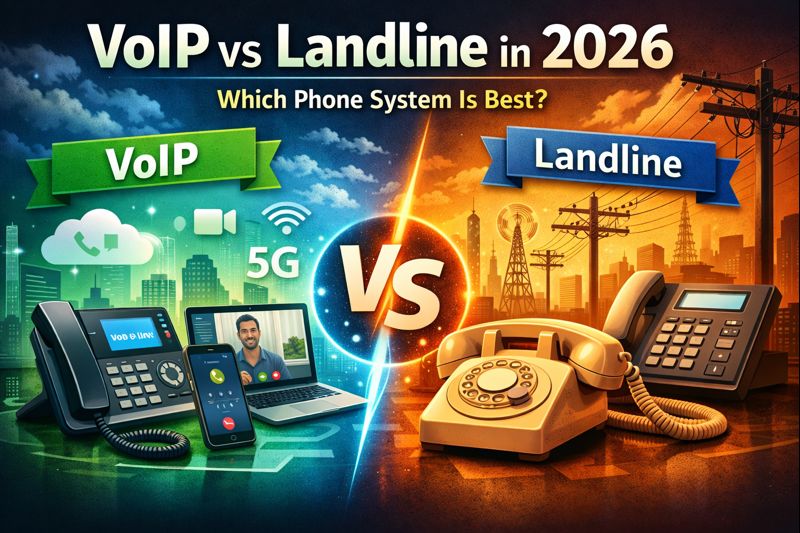As a SaaS business, customer success is one of the most important aspects of your company’s growth and profitability. To ensure that you are providing the best possible service to your customers, it is essential to measure your progress and track key performance indicators.
As the Chief Marketing Officer (CMO) of your company, you are always looking for ways to increase customer success. After all, happy customers are essential for any business, but especially for a software-as-a-service (SaaS) company. You need to retain your customers or else your business will quickly go under.
But how can you tell if your customers are actually happy? There are a few key metrics that you can look at to get an idea of how your customers feel about your product or service. Here are 10 important customer success metrics in SaaS that you should keep an eye on.
Customer Churn Rate
Your customer churn rate is the percentage of customers who cancel their subscription or stop using your product or service within a given time period. A high churn rate is a sign that something is wrong; either your product is not meeting customer needs or your customer support is lacking. Keep an eye on your churn rate so that you can address any issues as soon as possible.
Net Promoter Score
Your Net Promoter Score (NPS) measures customer satisfaction and loyalty. It is calculated by asking customers how likely they are to recommend your product or service on a scale from 0 to 10. The NPS can be used to track customer satisfaction over time and identify areas where improvement is needed.
Customer Retention Rate
Your customer retention rate is the percentage of customers who continue to use your product or service after a given period of time. A high retention rate indicates that customers are happy with your product and are sticking around for the long run. This metric is especially important for SaaS companies because they rely on recurring revenue from subscribers.
Customer Lifetime Value
Customer Lifetime Value (CLV) is the total value that a customer will bring to your company over the course of their relationship with you. CLV takes into account factors such as how long a customer remains subscribed and how much they spend on additional products or services. Knowing your CLV helps you make decisions about where to allocate resources for marketing and sales efforts.
Engagement Rate
Engagement rate measures how often users interact with your product or service. For example, if you have a website, engagement rate would take into account things like pageviews, time spent on site, and number of unique visitors. If you have a mobile app, engagement rate would include things like number of app downloads, number of active users, and frequency of use. A high engagement rate indicates that users find your product useful and are coming back to it on a regular basis.
Average Revenue per User
Average Revenue per User (ARPU) measures how much revenue you generate from each user on average. This metric is helpful in determining whether you are pricing your product correctly and whether users find it valuable enough to pay for it. ARPU can also be used to compare different segments of users in order to see which ones generate more revenue on average.
Free Trial Conversion Rate
If you offer a free trial for your product or service, then you'll want to pay close attention to the free trial conversion rate—the percentage of people who sign up for a free trial and then convert to paying customers at the end of the trial period. A low free trial conversion rate could indicate that there is something wrong with your pricing model or that users do not find enough value in your product to justify paying for it after the free trial period ends.
Upsell/Cross-sell Rate
The upsell/cross-sell rate measures how often existing customers purchase additional products or services from you (upselling) or switch to another product or service offered by your company (cross-selling). A high upsell/cross-sell rate indicates that customers are satisfied with what they're using and see enough value in other products or services offered by your company to make additional purchases . This metric can also be used as an indicator of customer lifetime value potential..
Customer Satisfaction Score
Customer satisfaction score (CSAT) measures how satisfied customers are with their interaction with your company, typically expressed as a percentage.. To calculate CSAT score, simply ask customers how satisfied they are with their recent interaction on a scale from 0-100% and then take the average.. Keeping track of CSAT score over time will give you insights into whether satisfaction is going up, down, or staying the same.. Additionally, analyzing CSAT score by different channels (e.,g., phone support vs.. live chat support) can help you identify areas where satisfaction could be improved..
First Call Resolution Rate
First call resolution rate (FCRR) measures the percentage of customer support calls that are resolved during the first call.. A high FCRR indicates that agents are able to effectively resolve issues during initial contact with customers, which leads to higher satisfaction scores.. Conversely, a low FCRR could indicate that agents need more training or that there are issues with the way calls are being handled.. Monitoring FCRR over time can help you identify trends so that you can make necessary changes to improve the customer experience.
As a CMO, it's important to keep an eye on various customer success metrics in order to ensure that customers remain happy with your product or service.. By tracking metrics such as churn rate, NPS, retention rate, CLV, ARPU, etc., you can get insights into areas where improvements need to be made in order to keep customers satisfied... By continuously monitoring these metrics, you can make sure that your company remains successful for years to come!

.png)










































